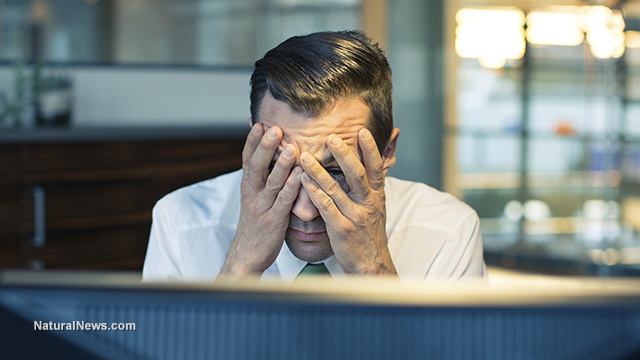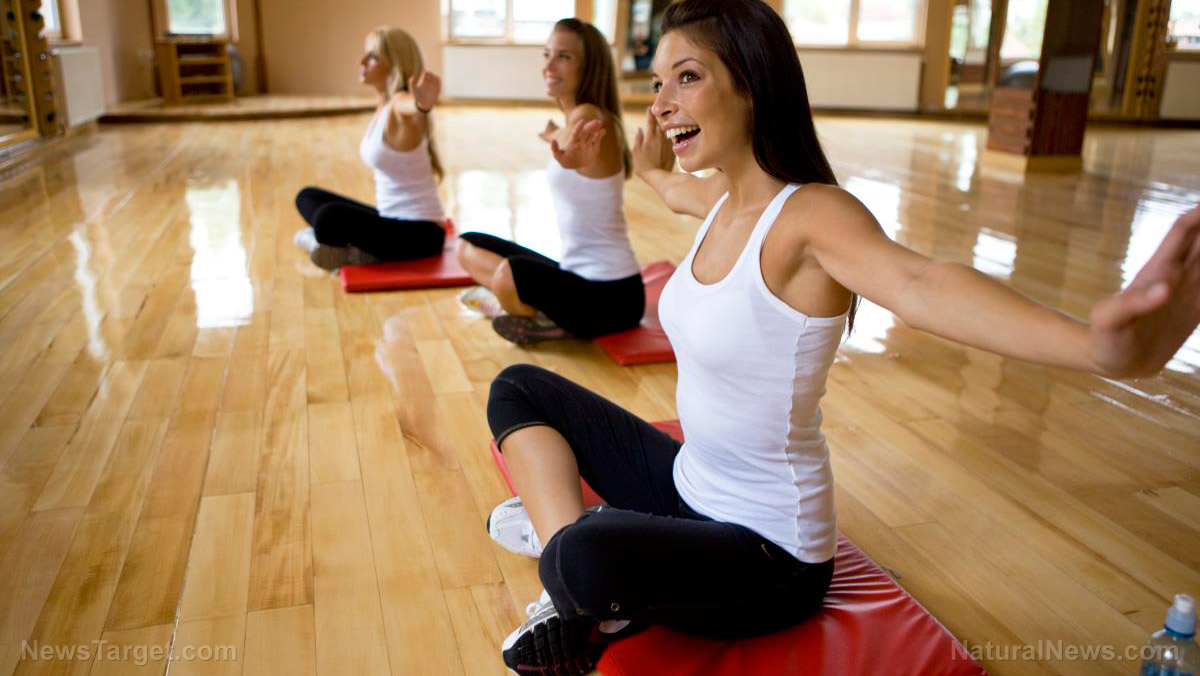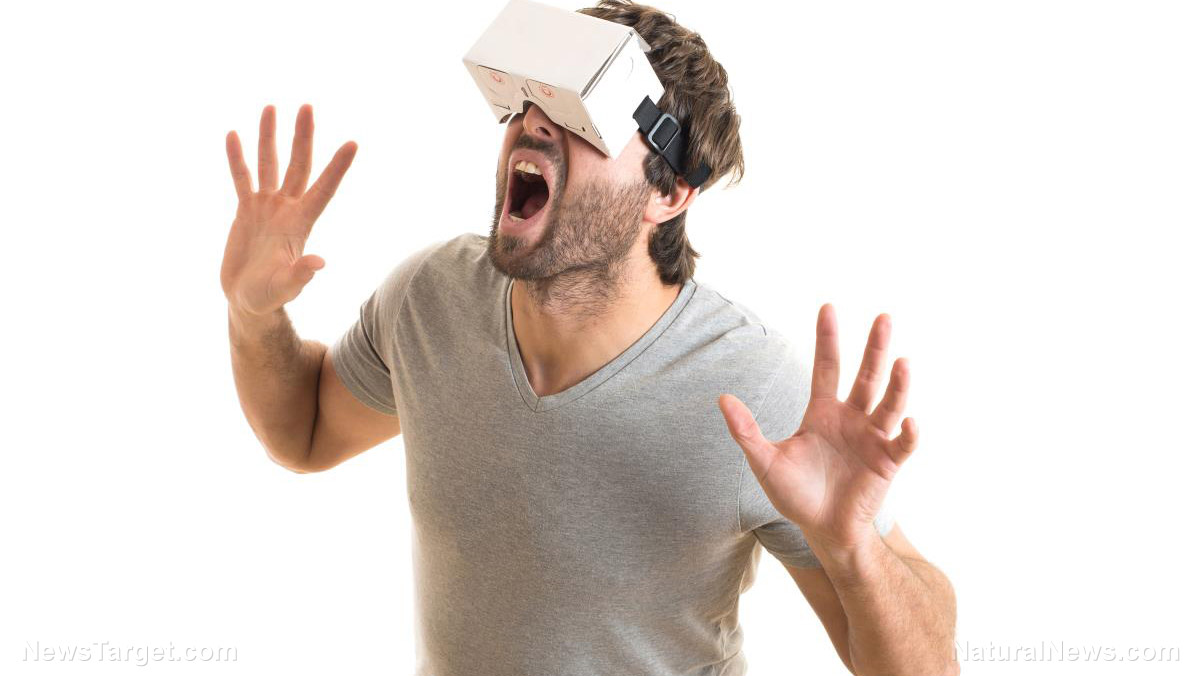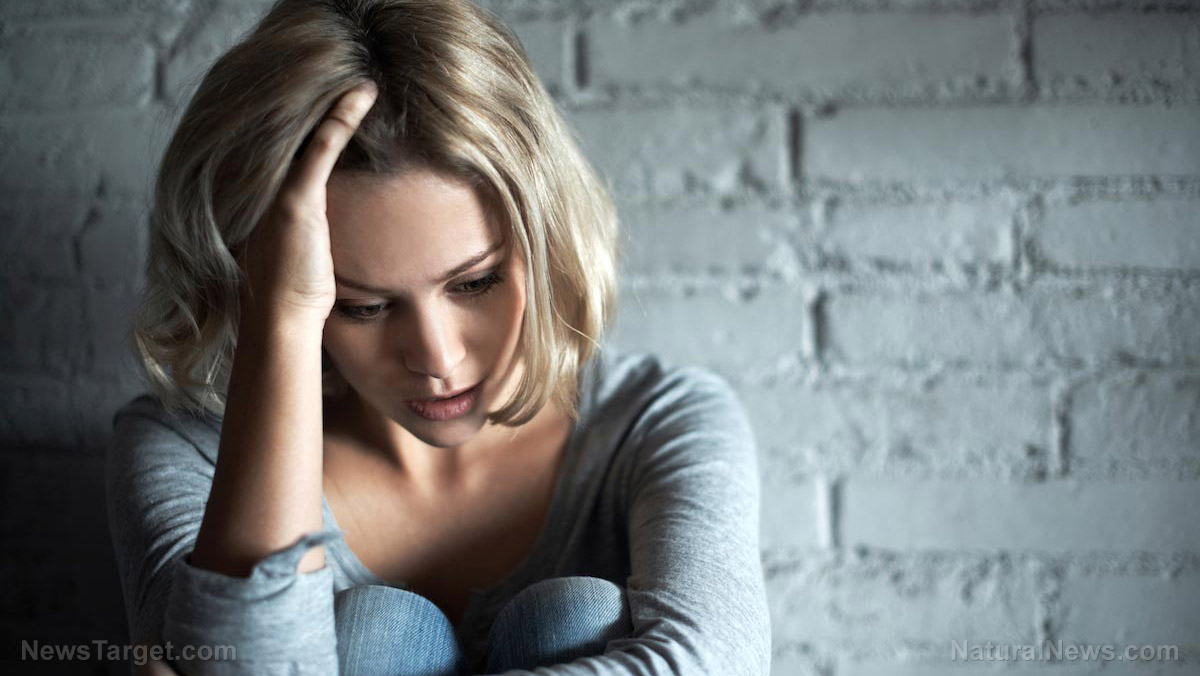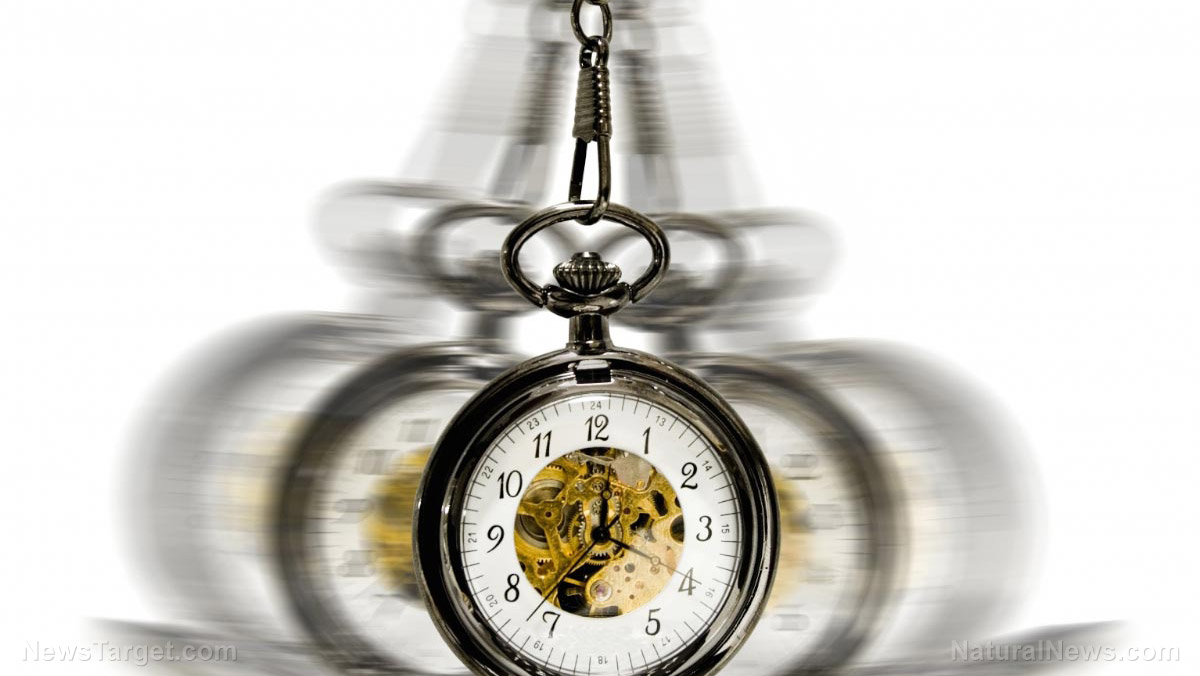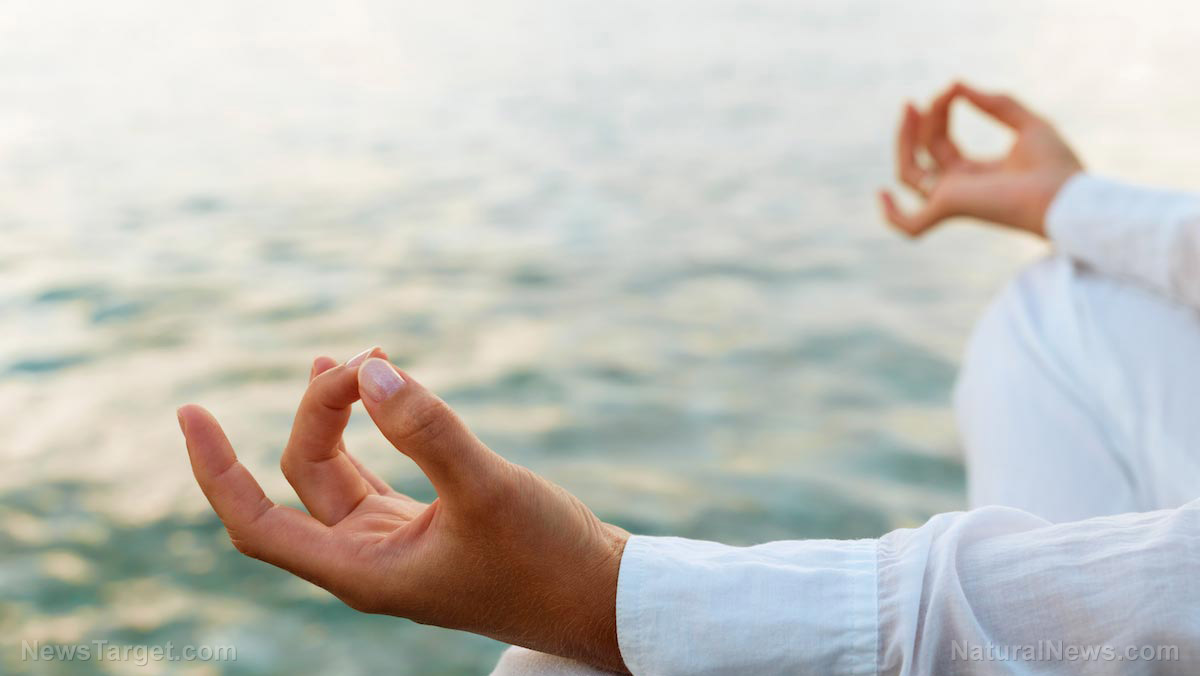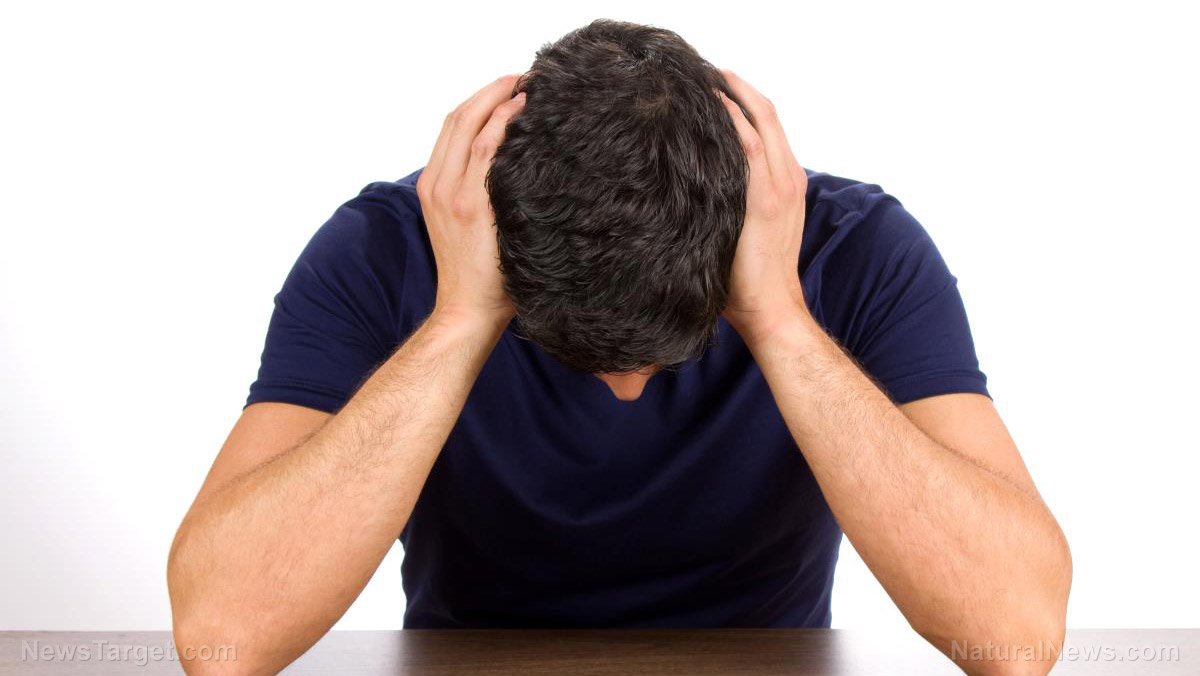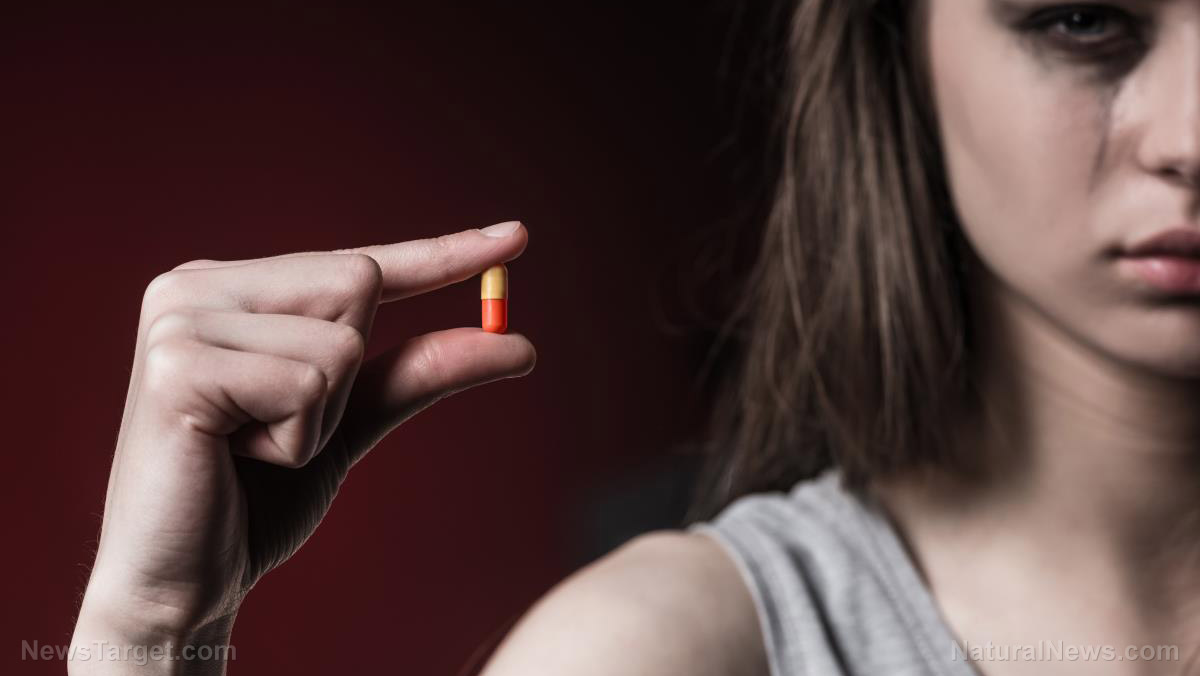Just 10 minutes of brisk walking and meditation can significantly reduce anxiety
11/27/2018 / By Mary Miller
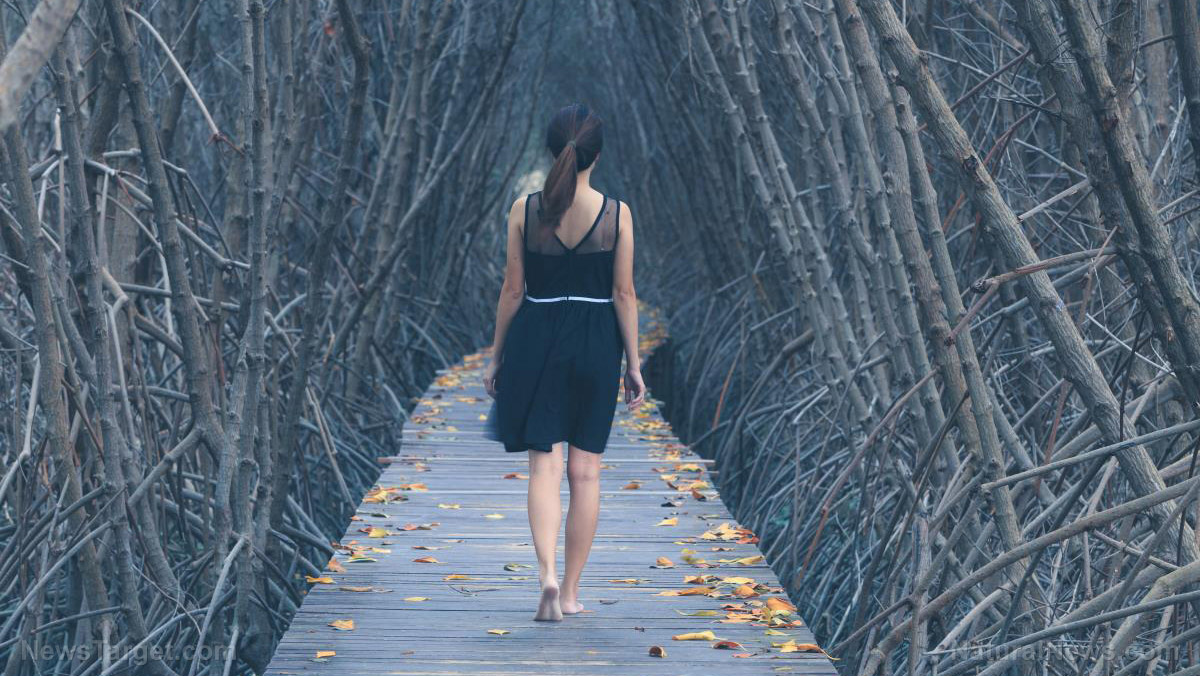
Anxiety can take many forms for different people. It can manifest as social anxiety, which causes people to avoid social situations, or it can present itself as separation anxiety, which causes people to experience excessive fear if they are kept away from certain people or places for long periods of time. It can even take the form of phobias or irrational fears. Either way, anxiety can often be debilitating for many people and can negatively impact their overall health and well-being. Anxiety may often be difficult to manage, but it is not impossible. Research shows that anxiety can be greatly reduced with the help of brisk walking and meditation.
There are many ways that people can help control their anxiety, such as avoiding alcohol, undergoing therapy, and joining support groups. Regular practice of exercise and relaxation techniques are also effective methods in reducing anxiety. Physical activity isn’t just for maintaining physical fitness but can improve mental fitness as well. Research suggests that a brisk 10-minute walk may serve just as well as a 45-minute workout in relieving anxiety. Some studies suggest that regular aerobic exercise may even be just as effective as medication in reducing anxiety symptoms. It can even provide anti-anxiety effects that can be felt in as little as five minutes. The effects may be temporary at first, lasting for only a few hours, but by following a regular exercise schedule, the results can become long-lasting.
Additionally, exercise can deliver multiple other health benefits, such as helping in the reduction of one’s overall tension levels, the elevation and stabilization of one’s mood, and the improvement of one’s sleeping patterns and self-esteem. (Related: Could you have high-functioning anxiety? Here’s what you can do to reduce your fear AND continue to stay successful.)
According to two recent studies, engaging in meditation and brisk walking even for just 10 minutes can do a great deal in making you feel better and improving your mental health. One study that was published in the journal Health Promotion Perspectives observed three areas of mood, specifically, depression or dejection, anger or hostility and fatigue or inertia. The researchers concluded that 10 minutes of mediation reduced the participant’s overall scores of depression, anger and fatigue while walking combined with meditation reduced their fatigue scores. A second study that was published in the journal American Journal of Health Promotion concluded that meditation was a key component. The researchers observed that 10 minutes of meditation on its own greatly decreased anxiety, as did walking before or after the meditation. However, they noted that on its own, the act of just walking without meditation had no observable changes in one’s anxiety levels.
How brisk walking and meditation can reduce anxiety
The amygdala is the part of the brain that controls anxiety and decision making. Both aspects are interconnected, which is why anxiety makes it difficult to make decisions and alternatively. Making too many decisions, in particular, can cause anxiety. Our amygdalas often don’t do well with multitasking. Our “anxious mechanism” likes to keep things simple and focus on only doing one thing at a time. Brisk walking and meditation can momentarily shut down this anxious mechanism.
Both walking and meditation don’t require conscious thought or effort. This allows us to have discerning thoughts and think more clearly. By allowing our thoughts to flow more naturally, we can deal with each of our concerns one step at a time. It also allows us to process our emotions better. Anxiety is often caused by a rapid pace of life that is not favorable for having discerning thoughts. Brisk walking and meditation can slow things down to a more conducive pace and rhythm. This more conducive pace can allow us to better come to terms with our thoughts, feelings, and emotions.
If you want to learn more about how to improve your mental health and well-being, you can read more articles by going to Mental.news.
Sources include:
Tagged Under: amygdala, anti-anxiety, Anxiety, anxiety relief, anxious mechanism, brain function, brisk walking, decision making, discerning thoughts, Meditation, mental health, natural remedies, relaxation, social anxiety, stress and decision making, therapy, walking

